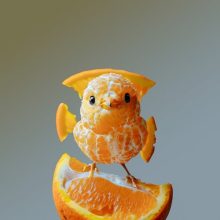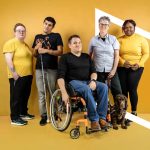
Productivity methods and tools that make space for creativity
Productivity methods and tools that make space for creativity
Ticketsolve challenges the commonly held idea that productivity is about doing as much as possible in as little time as possible - and that as result, that it’s at odds with creativity. They say that instead, productivity is about making space for what matters most. Find out how they do it.
At Ticketsolve, we challenge the commonly held idea that productivity is about doing as much as possible in as little time as possible - and that as result, that it’s at odds with creativity. We’d say that instead, productivity is about making space for what matters most. And for creative teams, that means making space for the time, energy and freedom needed to explore ideas, get inspired and innovate.
Within Ticketsolve, we use a few frameworks to channel productivity, and help creativity grow and flourish by providing clarity, structure, and avenues for collaboration.
Here’s a bit more about them:
OKRs: Creating Direction
To put it simply, we use OKRs (Objectives and Key Results) to help us see the bigger picture. OKRs allow us to set organisational and departmental goals which feed into personal goals, so everyone can understand how their work, and their creativity, contributes to shared goals. As well as unlocking purpose and inspiration for the team, we find this supports creativity by:
- Removing ambiguity so creative energy can be focused on how - not what - to achieve
- Encouraging collaboration on creative projects between departments, as our objectives are aligned
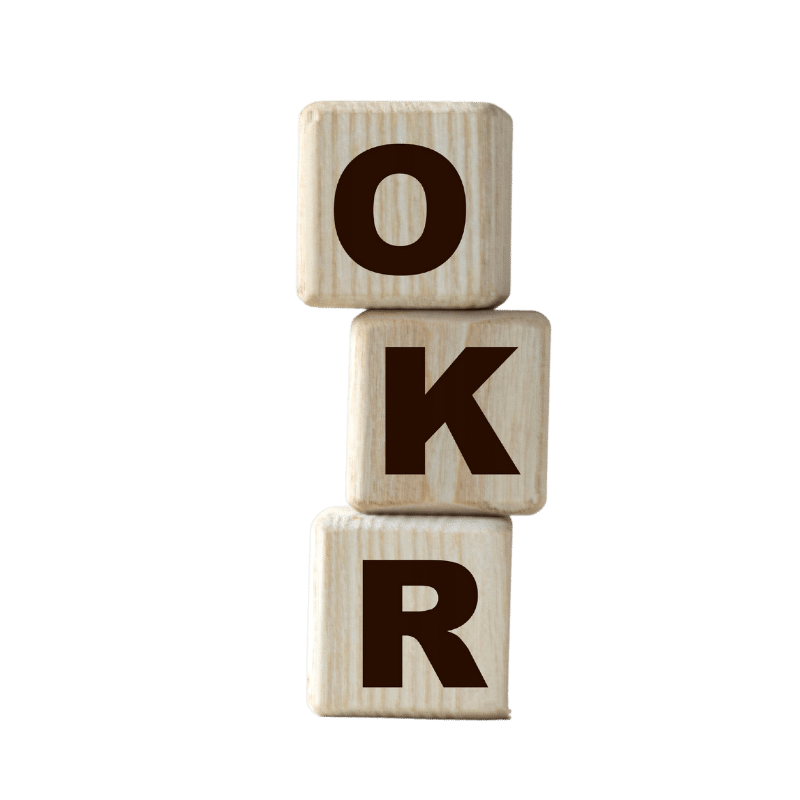
Ticketsolve in practice
We use OKRs in a top-down direction (from company-wide objectives to personal weekly planning) so that every creative project leads up to a pre-agreed, departmental or organisational goal.
Rocks: Creating Time
The “Rocks” method helps us distinguish between priorities that are non-negotiable and the smaller, everyday tasks that fit in around them. We believe that creativity requires both time and space and that Rocks make that balance possible. We find that Rocks help us to stay creative by:
- Encouraging planning around creative work, rather than it being squeezed in between admin tasks.
- Creating time and space to focus on creative projects
- Being a clear reminder of what’s fixed in your calendar, and when you can’t be disturbed
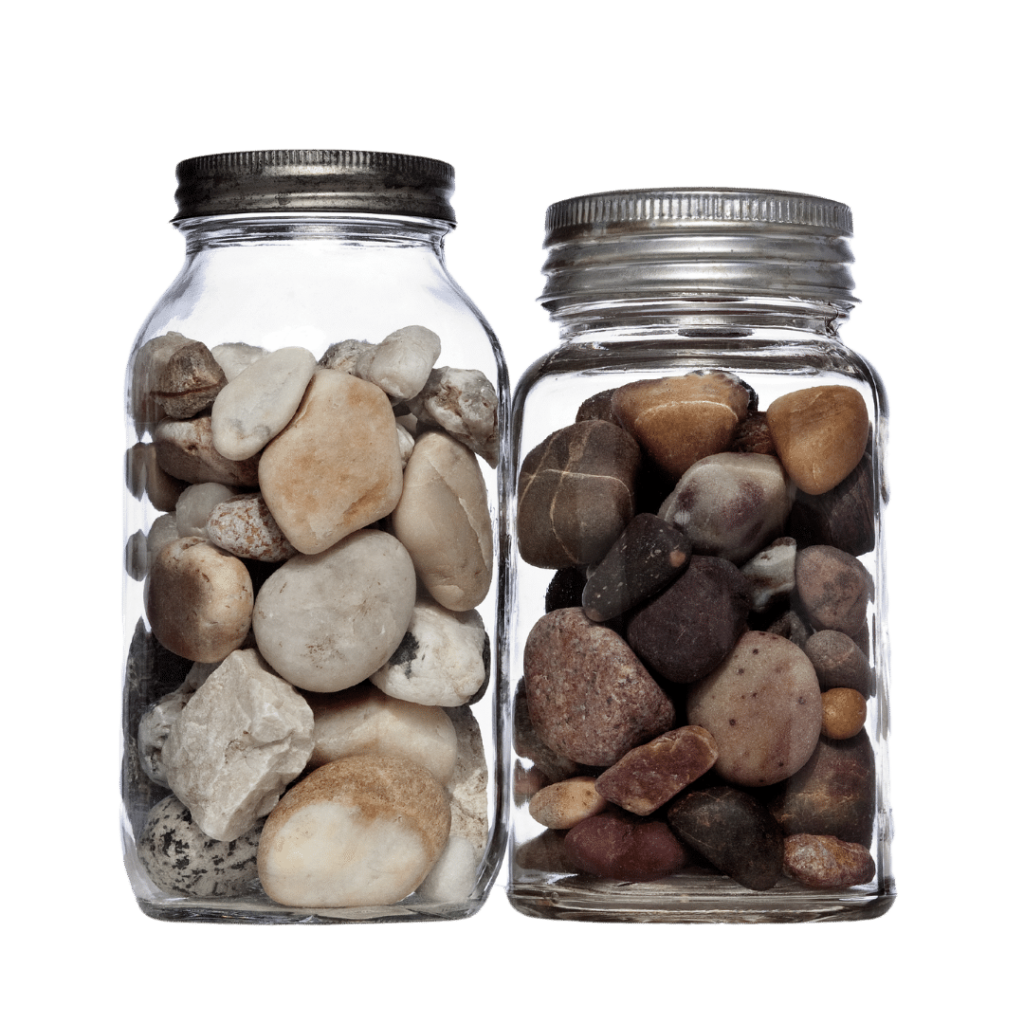
Ticketsolve in practice
Our Rocks are immovable to-dos aligned with OKRs, so everyone knows when creative work is happening and why it’s protected.
[Find out more about the Rocks method]
Agile Working: Creating Space for Feedback, Iteration, and Growth
Ticketsolve is an Agile company, but we firmly believe that Agile isn’t just for tech teams. It encourages experimentation, feedback and iteration, ideal for promoting creativity within any organisation! In brief:
- Agile creates an environment where everyone is open to change, which helps creative ideas evolve
- It values iteration over perfection, and promotes learning
- It builds stronger collaboration between teams
Ticketsolve in practice
Our Agile resource includes practical actions your team can try to apply Agile principles, from trialling feedback loops to running trials and pilots.
Kanban Boards: Creating Visible Progress
Creative work is not necessarily linear: ideas often move back and forth between development, feedback, and delivery. Kanban boards give that process visibility, making it easier to collaborate and track the progress of creative projects.
- This method turns more abstract projects into a visual workflow.
- Kanban planning makes it easier for everyone understand projects and see how they are progressing
- It keeps everyone motivated as progress is visible
Ticketsolve in practice
Our own experience using Kanban boards led to the development of Projects within Ticketsolve, built specifically to help creative teams manage campaigns, content, and work collaboratively across teams.
[Find out more about Projects]
Creating…a Creative Environment
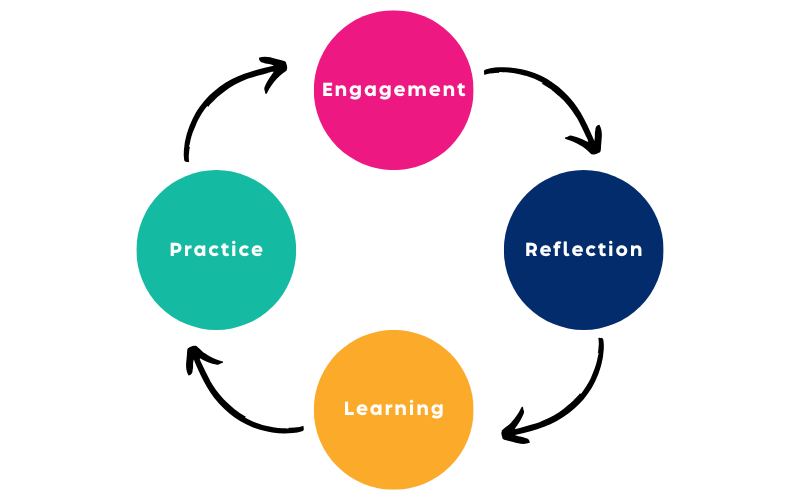 Creativity comes easily when teams feel supported and fulfilled. At Ticketsolve, we’ve learned that productivity is connected to happiness and that a motivated, empowered team is far more innovative.
Creativity comes easily when teams feel supported and fulfilled. At Ticketsolve, we’ve learned that productivity is connected to happiness and that a motivated, empowered team is far more innovative.
Our top tips for fostering a creative environment are to ask:
- Are your team’s priorities clear enough to leave room for experimentation?
- Do you make time for reflection and learning?
- Are your creative “rocks” truly protected?
Contrary to what you might think, productivity methods don’t suppress creativity: instead they enable it. By applying OKRs, Rocks, Agile thinking, and visual planning, organisations can create structure that gives creativity room to breathe.
![]()


